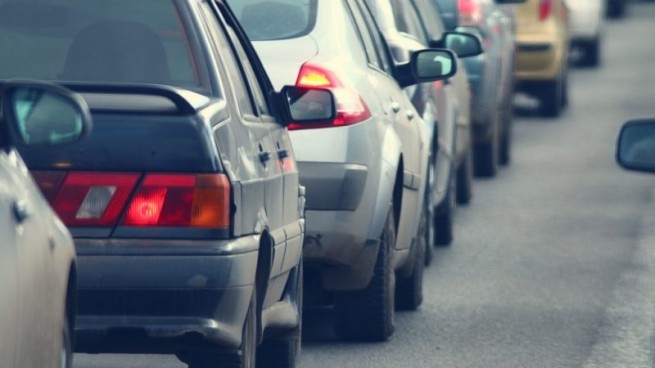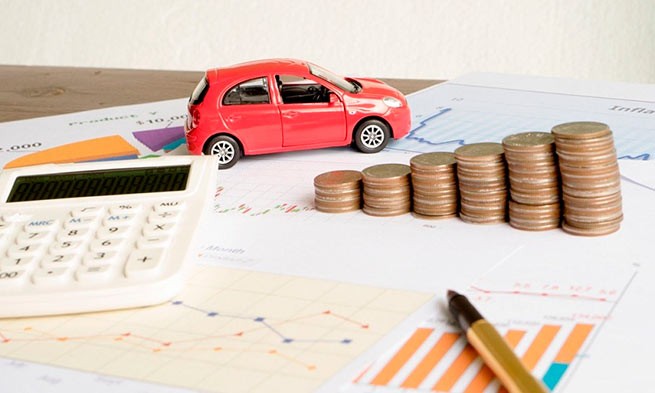The German Green Party can be proud of the result achieved, the lowest level of greenhouse gas emissions in Germany in the last 70 years. However, this happened mainly due to a dramatic reduction in industrial production and a decrease in coal production.
However, Europe’s largest economy and the biggest polluter in all of Europe is still far from meeting its climate goals. The country’s climate-damaging emissions have fallen to 673 million tonnes of CO2, OT said, 73 million short of the government’s annual target of 722 million, according to estimates released Thursday by think tank Agora Energiewende. However, only 15% of total emissions savings come from raising energy efficiency standards or increasing the amount of renewable energy sources.
About half of the decline is due to lower demand and lower production by energy-intensive industries due to sanctions imposed on Russia due to the war in Ukraine. “This is why Germany has still not met its climate targets for 2030,” Simon Müller, the research group’s country director, told a news conference.
The Ministry of Economy announced the forecast “very pessimistic”saying the full results of efforts to accelerate the expansion of renewable energy will be visible this year.
Germany is the world’s worst economy in 2023 is the only G7 country projected to contract 0.3% as it grapples with high inflation and rising energy prices while rushing to replace Russian gas with LNG imports.
About 44 million tons – the bulk of emissions – were saved as companies and utilities burned less coal and lignite as carbon prices rose. Revenue from emissions trading schemes has reached a record 18 billion euros – up 40% from 2022 – according to Germany’s federal environment agency, and will go entirely to the country’s climate and energy transition fund.
Germany, which closed its last nuclear power plants last year, has also become more reliant on electricity supplied by neighbors, becoming a net energy importer for the first time.
Not all German citizens liked such high results of the “greens” in “greening” the economy. Farmers said they were not prepared to pay for the price increases they said his government had brought.
Social networks also note that the media are afraid to show footage of protesting farmers in Germany. And sources in the German media say that the government sent special instructions on this matter: “do not raise the topic of farmers’ strikes.”







More Stories
Gazprom recorded a record loss and is selling off property
Members of the European Parliament ask to deprive Georgia of its EU candidate status
Russia: a man fell from the twentieth floor while escaping a fire (video)